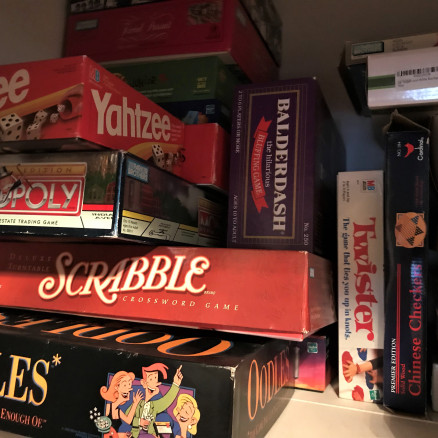It can be difficult to know what to say to your children when tragedy strikes close to home. Even as adults, we often don’t understand the reasons people choose violence as a way to make a point or as a solution to their problems. Yet, we want to respond to our children’s questions in a way that makes sense of the unthinkable and reduces feelings of vulnerability.
When I was a young child, I came into the kitchen one day to find my mother waxing the floor and crying. It was the day President Kennedy was assassinated. Just as that event changed America, so did it come to shape my world view and, in some respects, how I deal with tragedy. As parents, we hold the responsibility to help our children learn to deal with the unexpected and the unthinkable in emotionally healthy ways.
One of the things I remember from the days following Kennedy’s assassination was that nothing else was on television. I was pretty annoyed that Saturday morning cartoons were not on and instead I was watching a casket come down a conveyer belt out of an airplane over and over. In those days, media was limited to print, television and radio. The last several decades have seen media coverage of tragic events become pervasive and increasingly raw. It can be hard to avoid if you own electronic devices. For younger children, think about limiting exposure to media coverage. The relentless bombardment of facts, opinions and pictures can heighten anxiety in minds too young to cognitively process what they are seeing and hearing. For older children and youth, media coverage can offer parents an opportunity to share thoughts and feelings about the events and how they affect us personally. But, even for adults, sometimes enough is enough. You always have the option to turn off the television and stay off the internet and your social media accounts if your family is starting to overload.
When talking to your children about tragic events, remember that what you say is not as important as how you say it. I have no memory of what my mother said to me all those years ago. What I did come away with was a deep commitment to respect people in death, as in life. An open dialogue about difficult topics provides you the opportunity to share your values with your children. Acknowledging that you don’t have all the answers and that sometimes life’s answers are inadequate is important. Expect that as much as you try to shield your children from awareness of tragic events, they may be exposed to them anyway, so it is good to be prepared.
Often violent and random acts make us feel vulnerable and therefore anxious about our safety. As a child, it was easy to understand how someone as important as the president could be a target. It is more difficult to understand how co-workers, fellow students and people driving down the highway, minding their own business, become targets. Explanations should be appropriate to your child’s age in content and length. You may have to return to the conversation as your child processes what you have talked about or more information becomes available. One way to reduce anxiety is to find an aspect of the situation you can do something about. You can show support by attending commemorative events, donating time, money, blood or needed items. Many of us turn to our faith and spiritual beliefs to provide comfort and support. If your child seems anxious about a tragic event, determining the specific worry will help you to develop a way to counter it.
We cannot prevent tragedy from entering our children’s lives. We can help them deal with tragedy in emotionally healthy ways. Knowing when to seek professional help is important. If your child has difficulty participating in regular activities due to worrying about what may happen and this does not lessen over time, consulting a therapist may be a good option for you. Therapy can give your child a neutral place to process thoughts and feelings. It can also give you support and guidance to help your child return to his or her positive, happy self.



